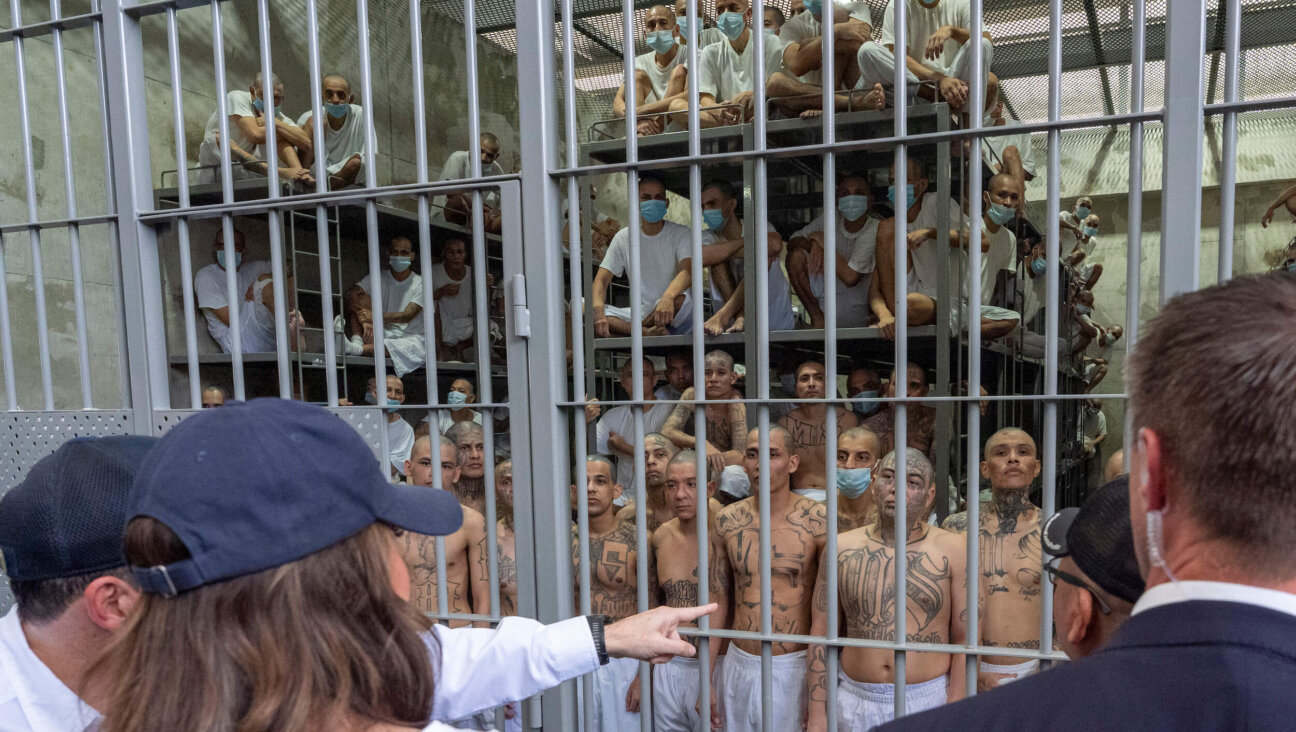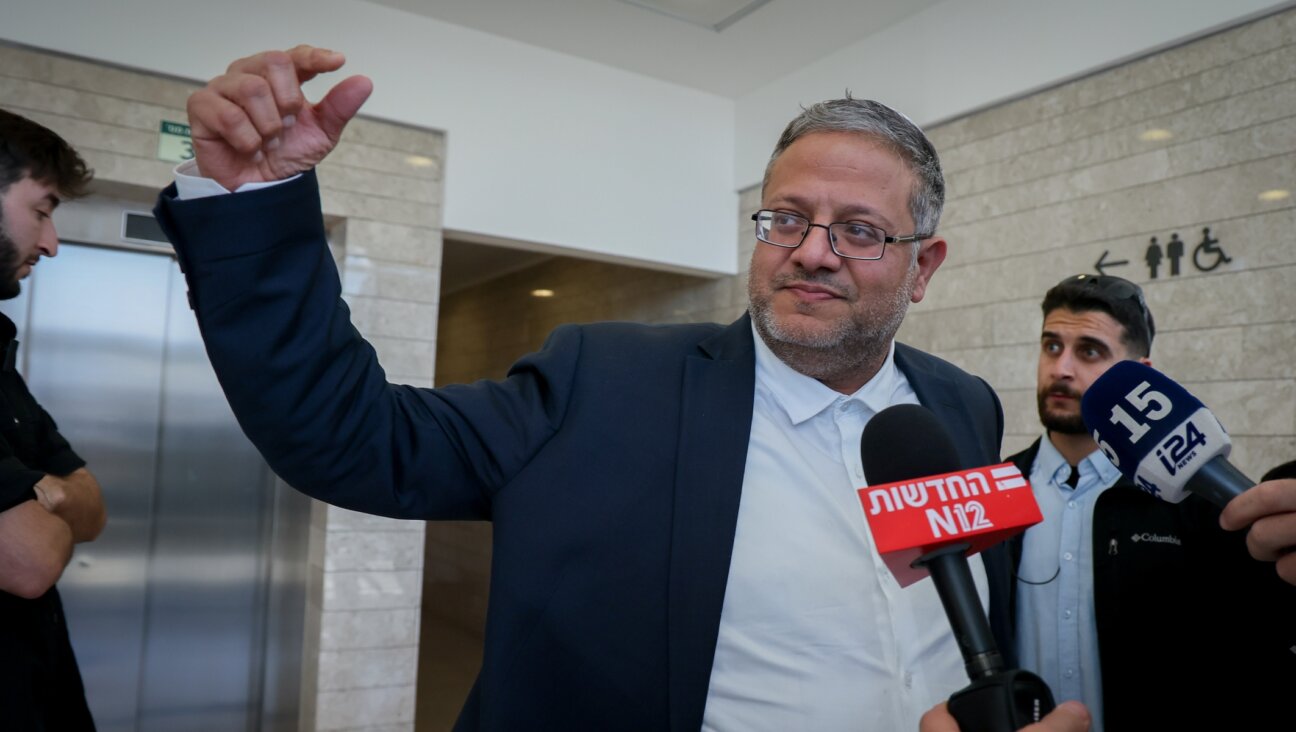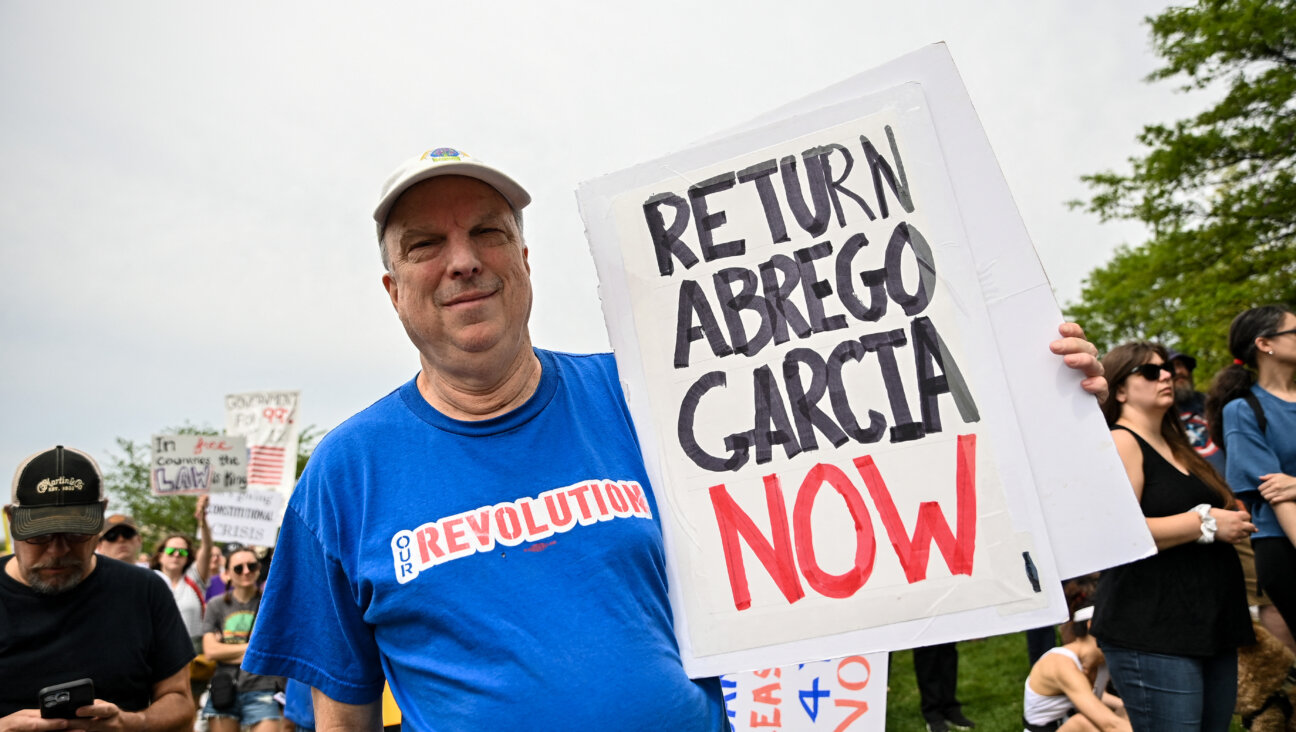After the Deluge
It is too early to assess the full scope of Hurricane Katrina, much less its larger meaning. It will be months before we have a clear sense of the disaster’s toll on the national economy, and years before we know if New Orleans can be revived. Even counting the dead will take weeks.
What does seem certain is that America has suffered a blow unlike any we ever have known. It’s natural that our grief and shock are mixed with anger. Amid the rage, though, it’s well to remember that we don’t yet know what happened. Until we do, we can only guess at what needs fixing and who’s to blame.
How many died in the fury of the storm, how many in the flood that followed, how many while waiting for rescue in the chaotic aftermath? That tally is months away, perhaps longer. How many of the deaths could and should have been avoided by better preparation beforehand or more focused action as the storm hit? How many were killed by the cruelty of race or class? How will our nation respond once the facts are known? Will we become a stronger, more united, more generous people, or will we sink into greater suspicion and recrimination? Those answers could be a generation away.
It is not too early, however, to begin assessing the events and examining what can be known of the most obvious failures — particularly in the appallingly inadequate first response of federal, state and local leaders and emergency officials. The entire world watched the calamity unfold live on television. Just about everyone, from the angriest survivors on up to the president himself, now understands that if CNN could get its cameras into New Orleans in a matter of hours, the National Guard might have gotten in there with water and emergency supplies in something less than three days.
It’s clear, too, that the delay in the authorities’ response had to do with more than merely nature’s unpredictability or logistical difficulties, as some top federal emergency officials have tried to suggest. The magnitude of the storm had been known days in advance. The vulnerability of New Orleans — including its levees — had been discussed openly for years. There was no need to be surprised. And even in the face of surprise, decent leadership could have managed, with imagination and a spirit of improvisation, to initiate a visible first response, impose order and instill hope before the despair took over. Think of the dramatic international response to the Turkish earthquakes of 1999. Think of September 11.
These are not partisan criticisms. There will be blame enough to share among the federal, state and local governments as the answers emerge. If the larger burden of responsibility seems likely to fall on the federal government, that is first and foremost because its resources dwarf those of the other authorities. That much is clear to Republicans and Democrats alike this week. Only the most diehard administration loyalists persist in averting their eyes.
The eyes of the world are fixed now on America’s agony and shame. Our nation needs to begin a process of accounting that is — and is seen to be — credible, independent and unafraid to ask hard questions. The various investigations now being launched by the White House and Congress are important, but they cannot take the place of an independent, bipartisan commission along the lines of the 9/11 Commission. When the answers do come, they must have sufficient credibility to unite us rather than divide us all over again.
The Forward is free to read, but it isn’t free to produce

I hope you appreciated this article. Before you go, I’d like to ask you to please support the Forward.
Now more than ever, American Jews need independent news they can trust, with reporting driven by truth, not ideology. We serve you, not any ideological agenda.
At a time when other newsrooms are closing or cutting back, the Forward has removed its paywall and invested additional resources to report on the ground from Israel and around the U.S. on the impact of the war, rising antisemitism and polarized discourse.
This is a great time to support independent Jewish journalism you rely on. Make a gift today!
— Rachel Fishman Feddersen, Publisher and CEO
Support our mission to tell the Jewish story fully and fairly.
Most Popular
- 1

Opinion The dangerous Nazi legend behind Trump’s ruthless grab for power
- 2

News Who is Alan Garber, the Jewish Harvard president who stood up to Trump over antisemitism?
- 3

News Student protesters being deported are not ‘martyrs and heroes,’ says former antisemitism envoy
- 4
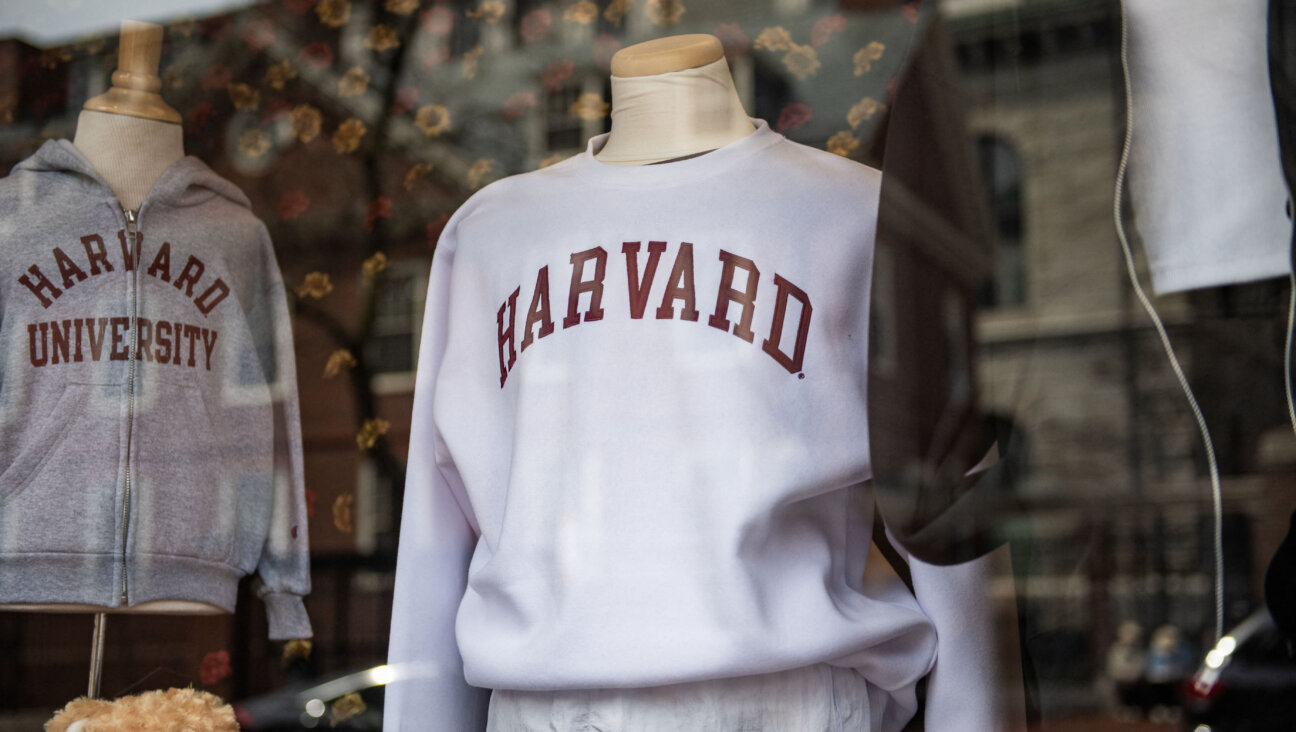
Opinion What Jewish university presidents say: Trump is exploiting campus antisemitism, not fighting it
In Case You Missed It
-

Fast Forward Sharon Osbourne calls for music group to lose US visas after anti-Israel Coachella performance
-
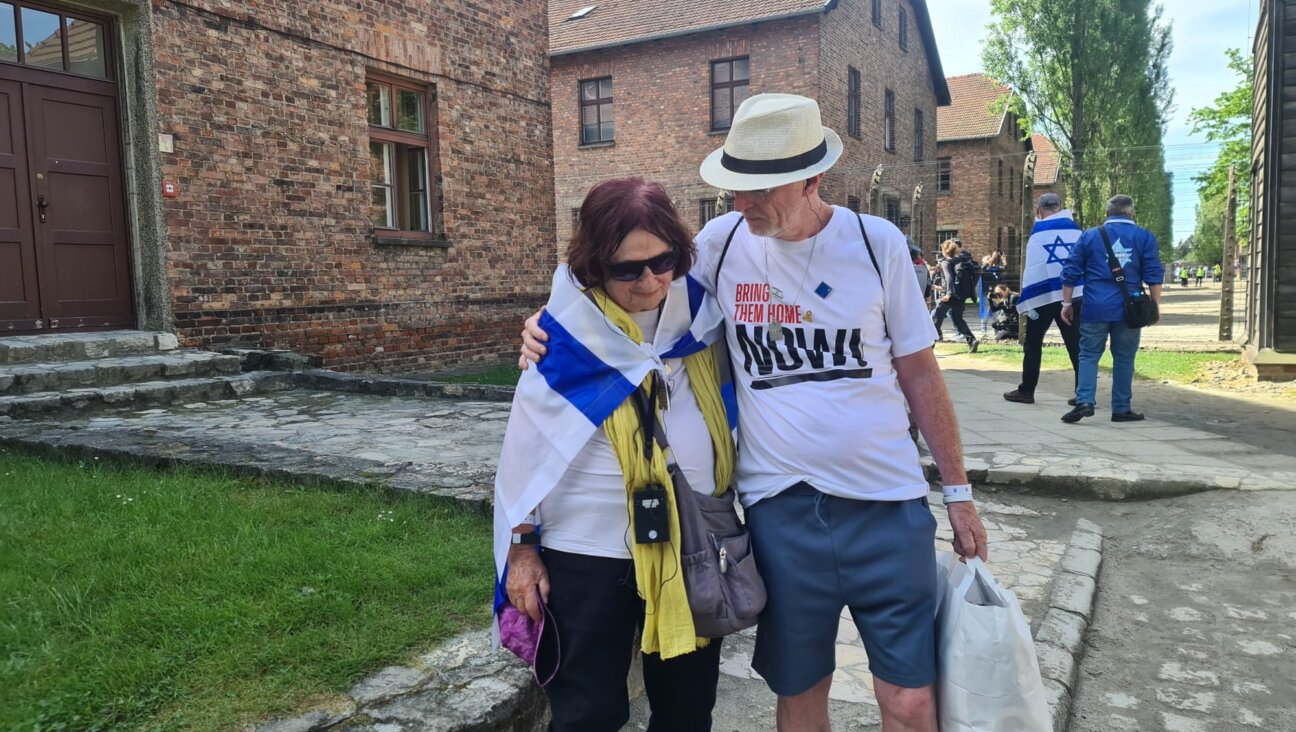
Fast Forward 10 freed Israeli hostages to participate in March of the Living
-
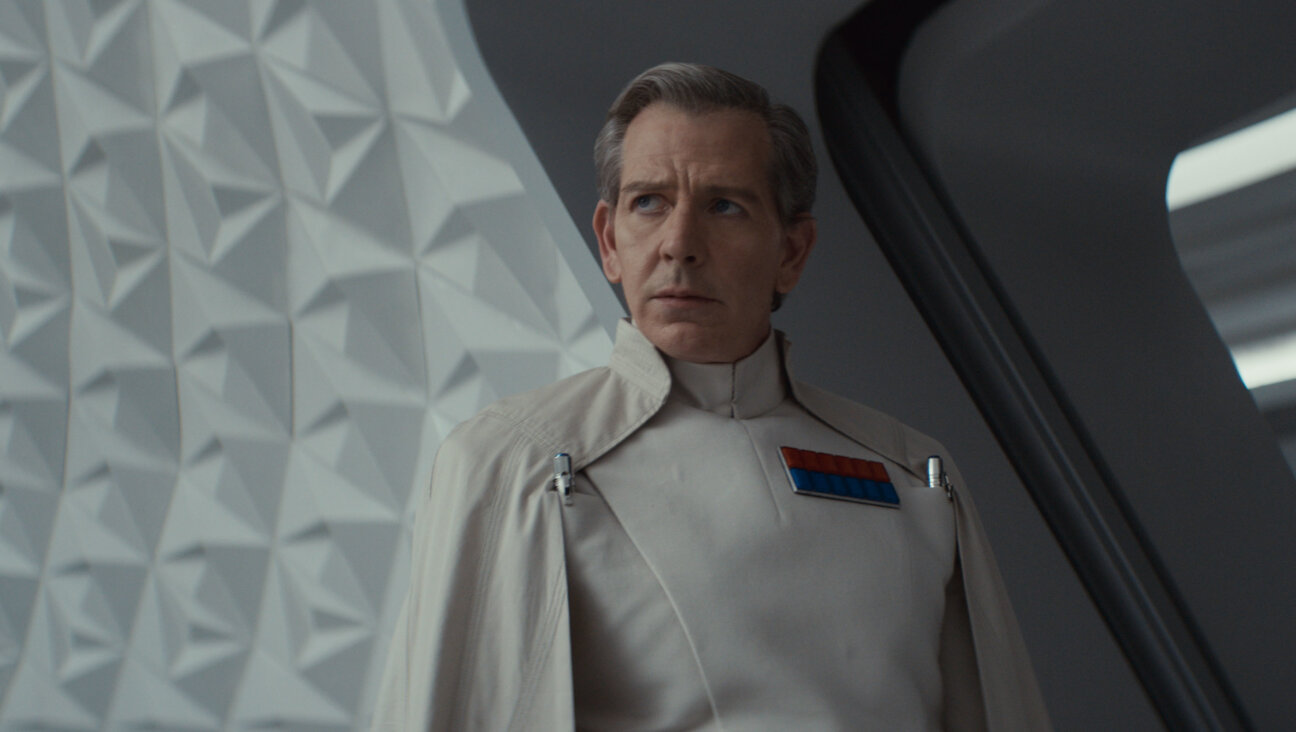
Culture In ‘Andor’ season 2, a Wannsee Conference reference, and a new sort of space Jew
-

Culture Did this Jewish literary titan have the right idea about Harry Potter and J.K. Rowling after all?
-
Shop the Forward Store
100% of profits support our journalism
Republish This Story
Please read before republishing
We’re happy to make this story available to republish for free, unless it originated with JTA, Haaretz or another publication (as indicated on the article) and as long as you follow our guidelines.
You must comply with the following:
- Credit the Forward
- Retain our pixel
- Preserve our canonical link in Google search
- Add a noindex tag in Google search
See our full guidelines for more information, and this guide for detail about canonical URLs.
To republish, copy the HTML by clicking on the yellow button to the right; it includes our tracking pixel, all paragraph styles and hyperlinks, the author byline and credit to the Forward. It does not include images; to avoid copyright violations, you must add them manually, following our guidelines. Please email us at [email protected], subject line “republish,” with any questions or to let us know what stories you’re picking up.







